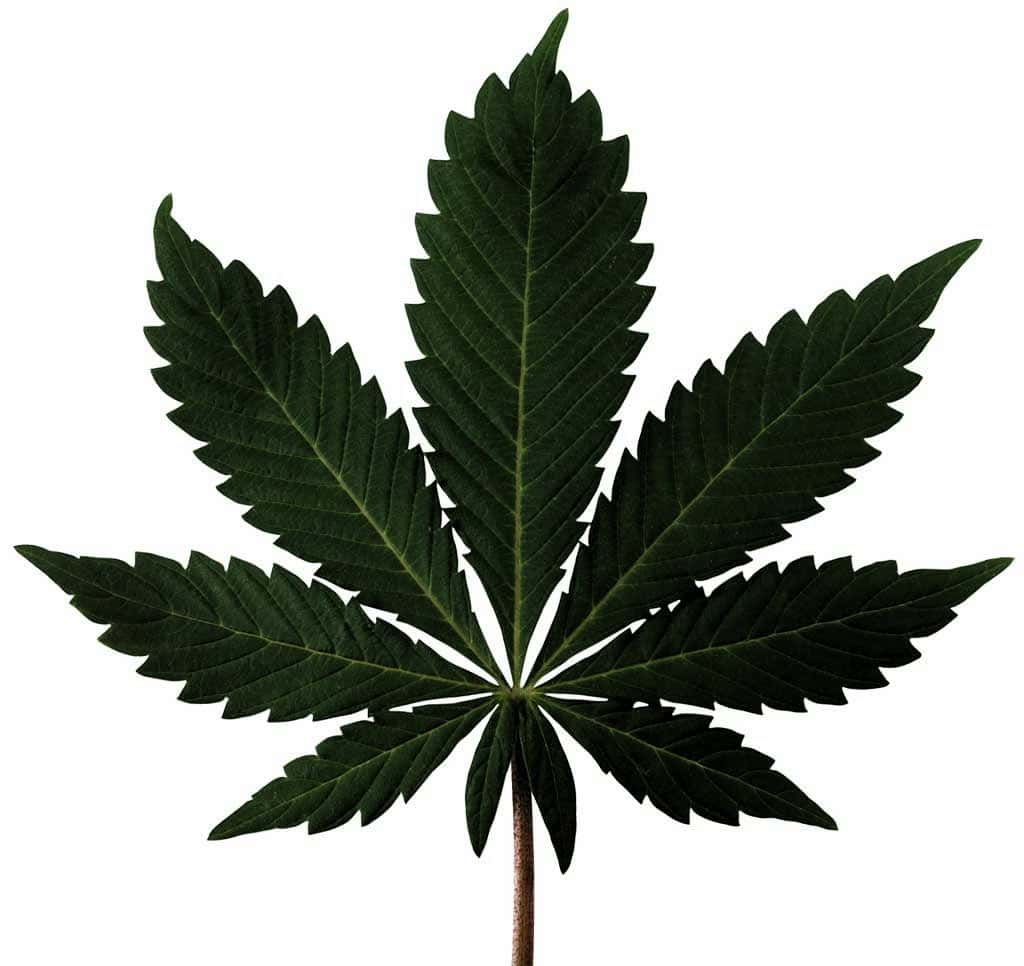HAZLET – Officials in Hazlet are maintaining a ban on the establishment of marijuana businesses in the municipality.
Earlier this summer, the Township Committee adopted an ordinance that prohibits all cannabis establishments, cultivators, distributors, delivery services and medical marijuana dispensaries from operating in Hazlet by amending and supplementing the municipality’s development review ordinance.
The delivery of cannabis and/or related cannabis supplies to Hazlet addresses by a delivery service that is based outside of the township will be permitted.
The Township Committee’s action followed the enactment of the New Jersey Cannabis Regulatory, Enforcement Assistance, and Marketplace Modernization Act, also known as A-21, which was passed by state legislators in February after a majority of New Jersey residents voted in November 2020 to approve a constitutional amendment to legalize marijuana.
The legislation legalizes the recreational use (also known as adult use) of marijuana by certain adults; it decriminalizes the possession of small amounts of marijuana and hashish (a marijuana concentrate); and it removes marijuana as a Schedule I (high potential for abuse) drug.
A-21 established six marketplace classes of licensed marijuana businesses: cultivator, manufacturer, wholesaler, distributor, retailer and delivery.
The state legislation allows municipal officials to prohibit the operation of marijuana businesses within their town’s borders. The prohibition had to be adopted by Aug. 21, otherwise, marijuana businesses would have been permitted in Hazlet for a five-year period.
Hazlet’s 2021 ordinance amends an ordinance municipal officials adopted in 2018 that added marijuana establishments and medical marijuana dispensaries as prohibited uses under the township’s zoning district regulations.
The 2018 ordinance was adopted by the governing body following the inauguration of Gov. Phil Murphy, who said he would take action to legalize marijuana for recreational use (also known as adult use).
The 2018 ordinance defined marijuana cultivation facilities, marijuana testing facilities, marijuana product manufacturing facilities and marijuana retailers as types of marijuana establishments. The 2021 ordinance amends the definition of marijuana establishments to reflect those established by A-21.
“The Township Committee has determined that due to present uncertainties regarding the potential future impacts that allowing one or more classes of cannabis businesses might have on New Jersey municipalities in general and on Hazlet, it is at this time necessary and appropriate and in the best interest of the health, safety and welfare of its residents and members of the public who visit, travel or conduct business in Hazlet, to amend the development review ordinance to prohibit all manner of cannabis-related uses and land development,” the ordinance reads.
In a press release issued on Aug. 23, NORML, which advocates for changes in public policy “so the responsible possession and use of marijuana by adults is no longer subject to criminal penalties,” said two-thirds of cities and towns in New Jersey have elected not to permit licensed marijuana retailers.
NORML, which also advocates for a regulated commercial cannabis market, said officials in the municipalities who have chosen to opt out are free to reverse their position at any time.
According to the press release, “the initial citywide moratoriums apply to the licensing of brick-and-mortar retailers. New regulations just issued by the state’s Cannabis Regulatory Commission forbid localities from imposing bans on marijuana delivery services.”
Commenting on the towns’ decisions, NORML Deputy Director Paul Armentano said, “These moratoriums only serve to protect and prolong the illicit cannabis marketplace.
“Time and time again, we have seen that consumers prefer to obtain cannabis products from safe, licensed, above-ground retailers, but absent access to such facilities, the illicit market will continue to fill this void.
“Despite a mandate from their constituents, the majority of whom overwhelmingly voted in November 2020 to legalize adult use marijuana sales in New Jersey, many local officials remain hesitant of the notion of licensing these operations in their communities.
“The irony is that marijuana sales are already taking place in these communities right now. But rather than taking place in licensed, regulated establishments, they are occurring on street corners without any oversight and without any money generated from these sales filtered back into the community,” Armentano said.
Regulations place no statewide cap on the number of licensed retailers that will be permitted in New Jersey. Existing medical cannabis businesses are eligible to apply for approval to sell to the adult market. Retail cannabis sales are anticipated to begin within six months, according to the press release from NORML.

